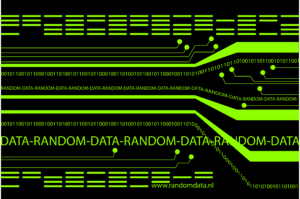Polymorphic malware is a type of malicious software that is designed to evade detection by using a variety of techniques to change its appearance or behavior constantly. These techniques can include modifying the malware’s code, using encryption or obfuscation to hide the malware’s true purpose, and using multiple layers of indirection to make it difficult to trace the malware’s actions. Some of the difficulties of polymorphic malware are implementing new functionality on the fly, inserting new code, and developing it is costly. This is eliminated by using ChatGPT.
By harnessing the power of ChatGPT, we produced an advanced malware named ChatyCaty. ChatyCaty is not a typical cat; it solves some of the hardships of polymorphic malware by pulling modules from ChatGPT tested in an isolated environment, followed by reflective loading and executing them. As a result, it is very difficult for anti-malware solutions to detect and prevent it from causing havoc.
One of the main problems this research may address is the lack of knowledge about the imminent threats of increasing sophistication and adaptability of ML algorithms with potential malicious use. We find it essential to shed light on this matter the provide better clarity for attackers and defenders.
This abstract may or may not be generated by ChatGPT 🙂
















